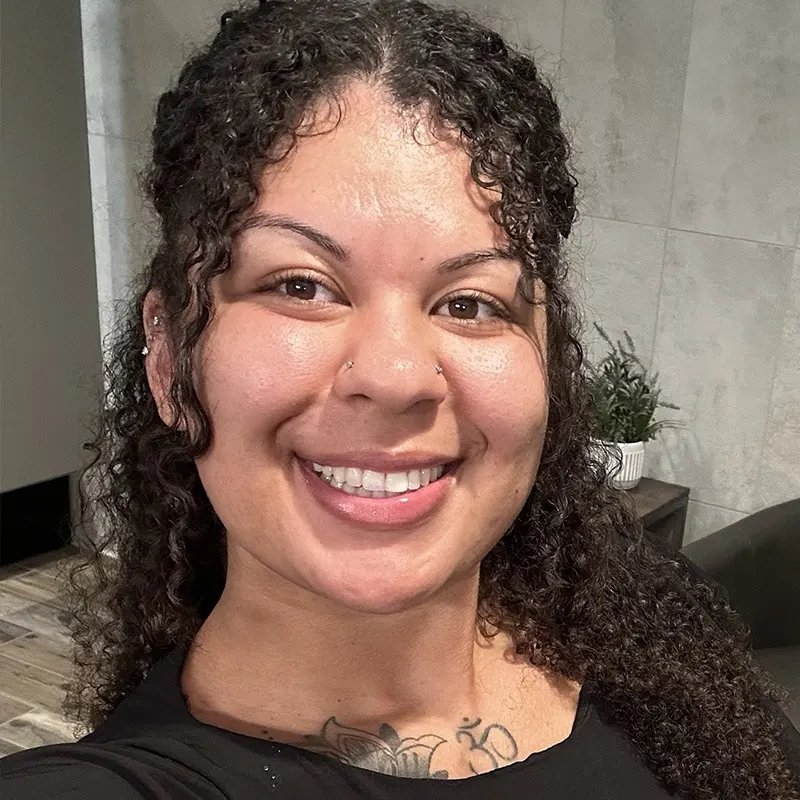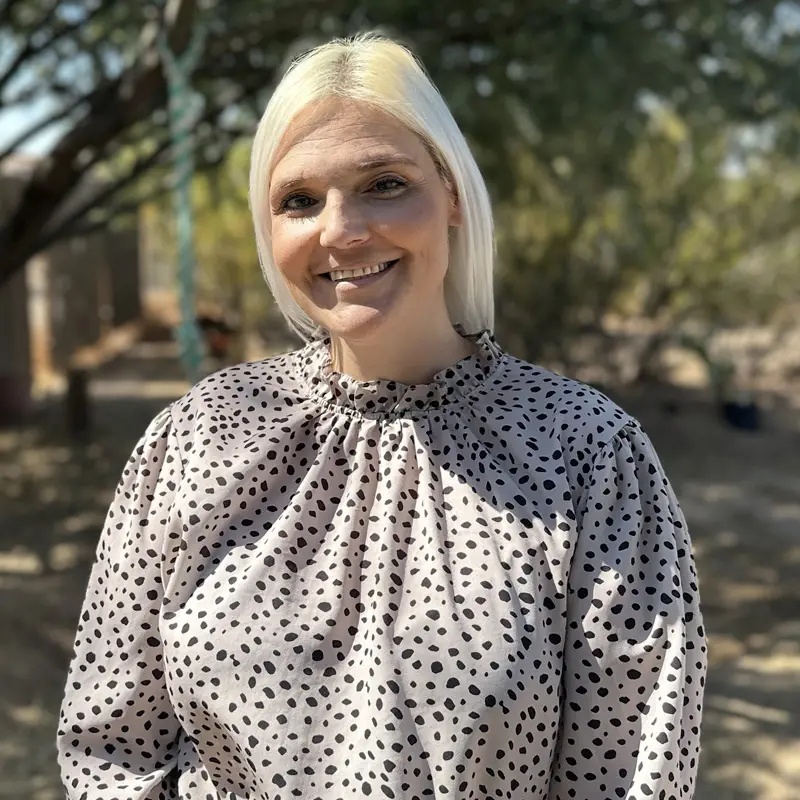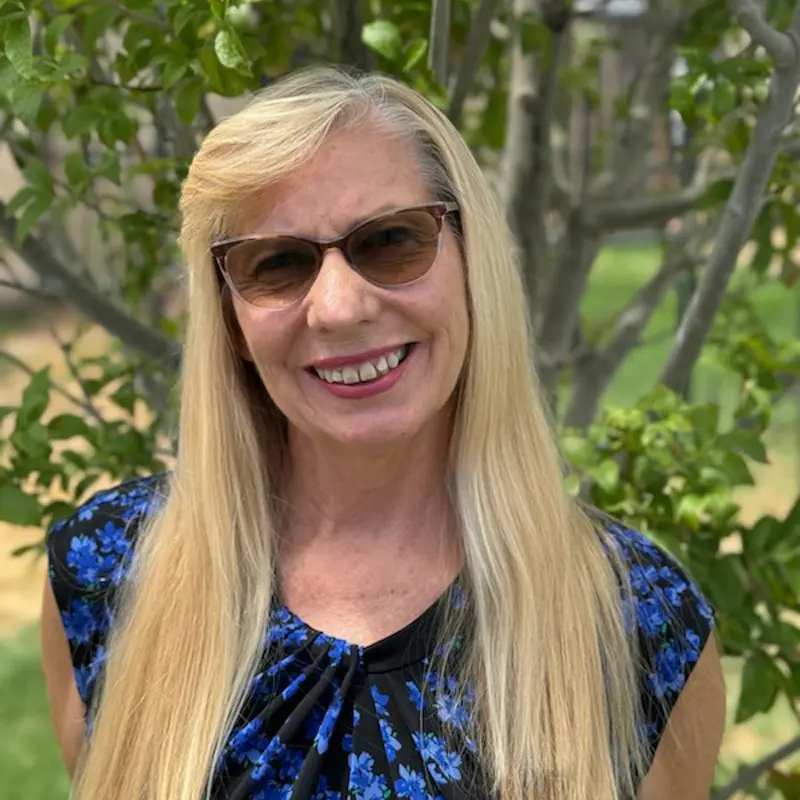Understanding autism spectrum disorder (ASD) starts with recognizing the signs. For parents and caregivers, knowing what to look for can be the first step toward early support, intervention, and hope.
At Cardinal Pediatric Therapies, we specialize in helping children develop communication, social, and daily living skills through customized ABA therapy in Arizona and North Carolina.
If you’ve ever asked, “What are the 5 Main Symptoms of Autism?”, you’re not alone. This article will walk you through the most common early signs of autism in children when to seek an evaluation, and how our team can help your child thrive.

The 5 Main Symptoms of Autism
While symptoms can vary, experts typically point to five key areas where children with autism show noticeable differences.
1. Communication Difficulties
Children with autism often struggle to communicate in typical ways. This can include:
- Delayed speech development
- Limited use of gestures, such as pointing or waving
- Lack of response to their name
- Difficulty holding a conversation or understanding social language
Some children may develop language but struggle with using it in context. Others might repeat the exact phrases (echolalia) without understanding their meaning.
At Cardinal Pediatric Therapies, our speech therapy and ABA programs are designed to help children develop both expressive and receptive language skills.
2. Social Challenges
A hallmark symptom of autism is difficulty with social interactions. Children may:
- Avoid eye contact
- Shows little interest in playing with peers
- Prefer to play alone or in parallel to others rather than cooperatively
- Struggle to read social cues, such as facial expressions or tone of voice
Social skill development is a core part of our in-clinic ABA therapy and classroom readiness programs, where children can learn how to build friendships and participate in group settings.
3. Repetitive Behaviors
Repetitive movements or behaviors, also known as “stimming,” are common in autism. These might include:
- Hand-flapping, rocking, or spinning
- Repeating words, sounds, or phrases
- Lining up toys or objects in specific ways
- Insisting on specific routines or rituals
While stimming can serve a calming purpose for children, ABA therapy helps ensure these behaviors don’t interfere with learning or social engagement.
Our Registered Behavior Technicians (RBTs) work one-on-one with children to identify the reasons behind repetitive behaviors and provide healthier alternatives when needed.
4. Restricted Interests
Children with autism often have intense interests in specific topics, objects, or activities. For example, a child may:
- Talk obsessively about trains or dinosaurs
- Memorize maps, numbers, or scripts
- Focus exclusively on one toy or type of play
These focused interests can be a strength, but they can also create barriers to flexible thinking and participation in group learning.
Cardinal’s ABA therapy programs help children expand their range of play and develop broader learning skills.
5. Sensory Sensitivities
Many children with autism have unusual responses to sensory input. This can involve:
- Avoiding certain sounds, lights, or textures
- Overreacting to touch or noise
- Seeking out sensory experiences like spinning or crashing into things
Cardinal Pediatric Therapies incorporates sensory integration strategies in both in-home and in-clinic settings, enabling children to manage their sensitivities and enhance emotional regulation.

When to Seek an Autism Evaluation
Recognizing the 5 main symptoms of autism early can lead to timely support. If your child consistently shows signs in communication, social interaction, or behavior, it’s time to speak with a specialist.
At Cardinal Pediatric Therapies, we offer comprehensive autism diagnosis and evaluation services utilizing gold-standard tools, including the ADOS-2 and ADI-R.
With locations in North Carolina and Arizona, our experienced team guides families through every step, from screening and assessment to individualized treatment planning.
How ABA Therapy Helps Address Autism Symptoms
ABA therapy is considered the gold standard in autism treatment. It uses evidence-based techniques to reinforce positive behaviors and reduce challenging ones. At Cardinal, we provide:
- In-home ABA therapy: Delivered in a child’s natural environment for comfort and consistency
- In-clinic ABA therapy: Structured and social, ideal for developing classroom readiness
- Parent coaching: Empowers families to support their child’s progress at home
- Group family coaching: Builds connection and strategy-sharing among caregivers
Each child’s therapy plan is tailored to their strengths, challenges, and goals. Whether your child needs help with language, behavior, or daily routines, Cardinal offers compassionate, customized care.
Why Families Trust Cardinal Pediatric Therapies
Cardinal Pediatric Therapies is known for delivering exceptional ABA therapy and support for families navigating autism. Here’s what sets us apart:
- Multidisciplinary teams of BCBAs, RBTs, speech-language pathologists, and occupational therapists
- Personalized care that adapts as your child grows
- Convenient in-home options and welcoming clinics
- Collaborative programs like classroom readiness and parent training
- Strong community partnerships with pediatricians, schools, and specialists
Whether you’re just beginning to explore a diagnosis or looking for the right therapy partner, we’re here to support your child’s development at every stage.

Frequently Asked Questions (FAQs)
What are the 5 most common signs of autism in toddlers?
The five most common signs include communication delays, limited eye contact, repetitive behaviors, intense fixations, and unusual reactions to sensory input.
Can autism symptoms appear suddenly?
Autism symptoms typically emerge gradually, but some parents report noticing a sudden loss of language or social interest between 18 and 24 months.
How do I know if my child needs an autism evaluation?
If your child isn’t meeting developmental milestones or shows signs like delayed speech, social withdrawal, or repetitive movements, consult a pediatrician or autism specialist for evaluation.
What type of therapy is most effective for treating autism symptoms?
ABA therapy is one of the most effective evidence-based treatments for autism. It helps children develop communication, social, and adaptive living skills.
Can ABA therapy help with all autism symptoms?
Yes, ABA can be tailored to address a wide range of symptoms, including behavioral challenges, language delays, classroom readiness, and sensory integration.
Final Thoughts
Understanding the five main symptoms of Autism is a decisive first step toward supporting your child’s future. At Cardinal Pediatric Therapies, we’re committed to walking with you through every stage, from early concerns to personalized therapy and long-term success.












